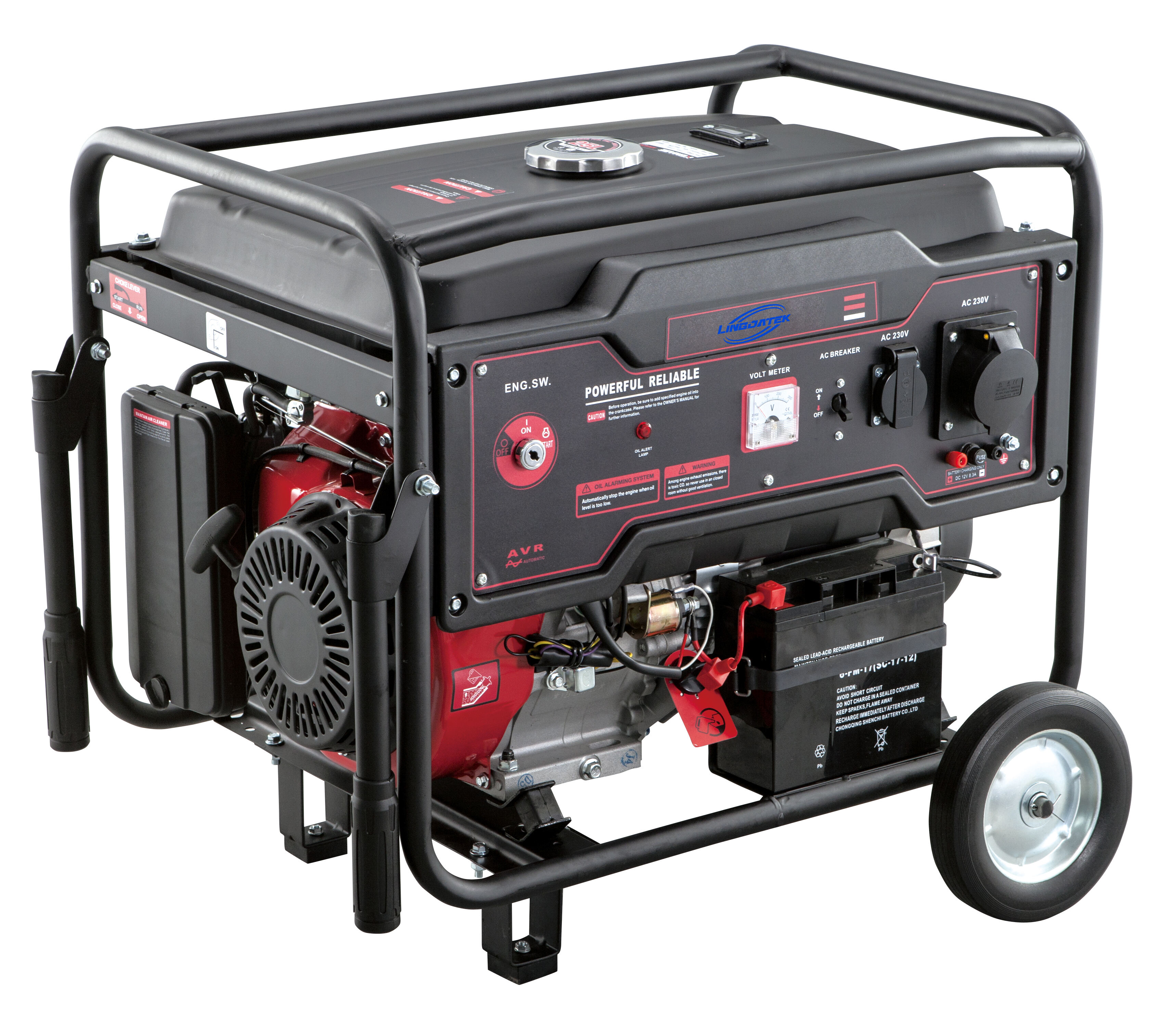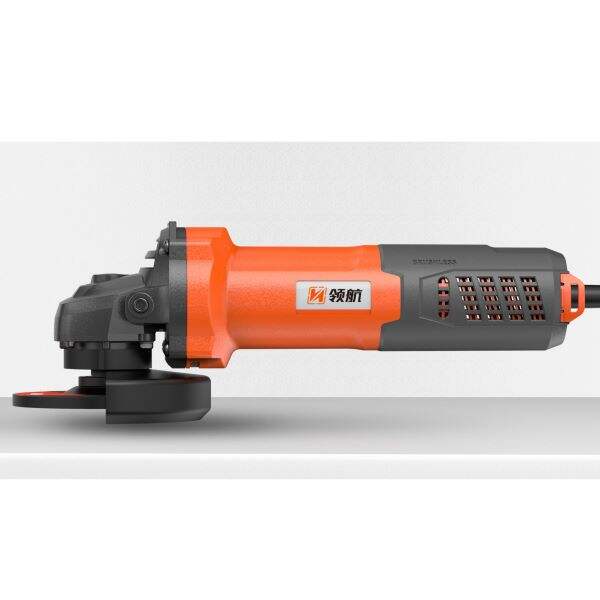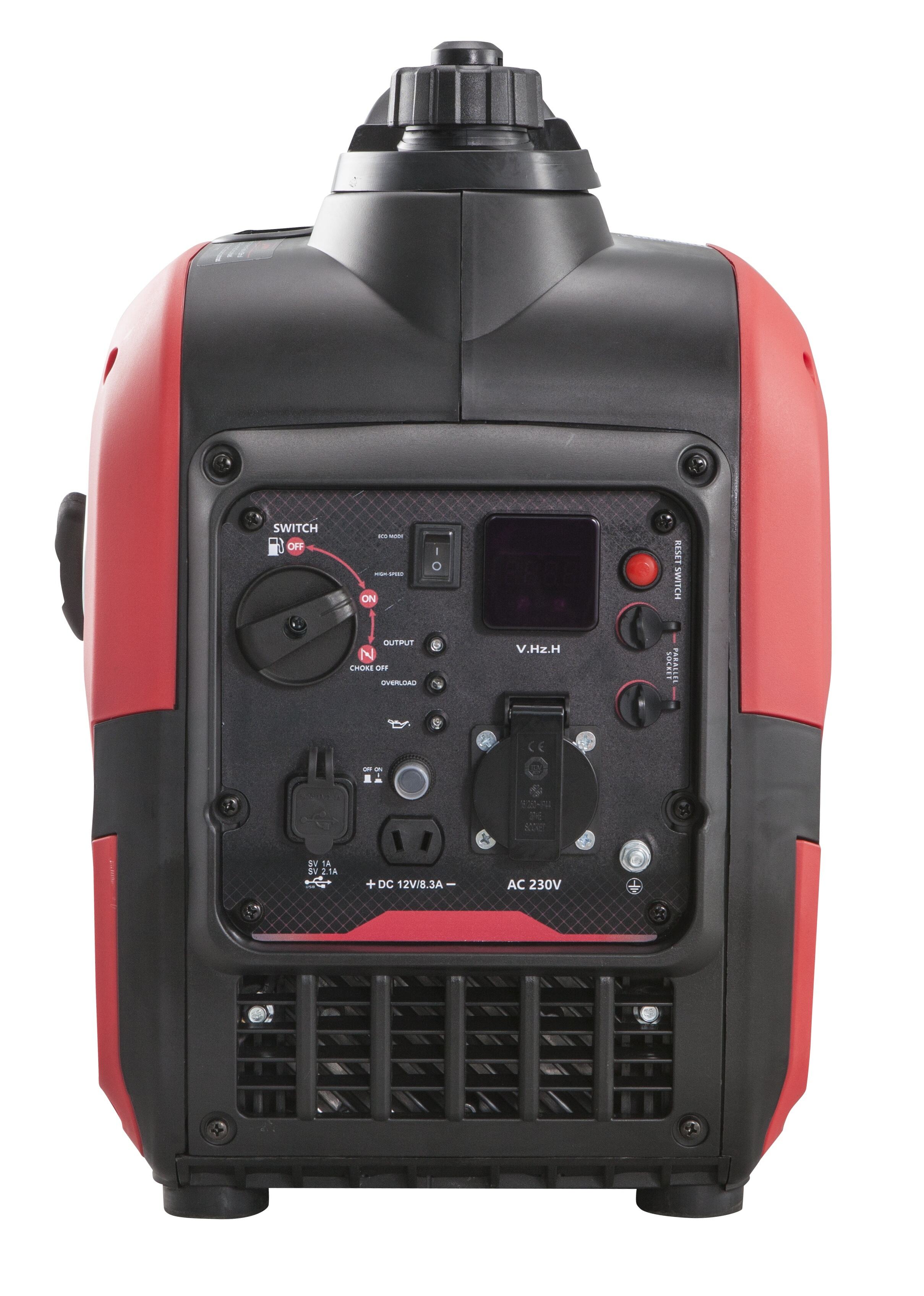solar with battery storage cost
Solar with battery storage cost represents a significant investment in sustainable energy technology that combines solar panels with advanced energy storage systems. This integrated solution typically ranges from $15,000 to $30,000, depending on system size and specifications. The system consists of solar panels that capture sunlight during daytime hours, converting it into usable electricity, while the battery storage component retains excess energy for use during non-sunlight hours or grid outages. Modern systems utilize lithium-ion batteries, offering superior energy density and longer lifespans compared to traditional lead-acid alternatives. The total cost encompasses not only the hardware components but also installation, permits, and system integration. Factors influencing the final price include battery capacity, typically ranging from 10kWh to 20kWh for residential applications, solar panel efficiency ratings, and installation complexity. While the initial investment may seem substantial, federal tax incentives, state rebates, and utility company programs can significantly reduce the overall cost. The system's lifespan typically extends 20-25 years for solar panels and 10-15 years for batteries, providing long-term value through reduced electricity bills and increased energy independence.


